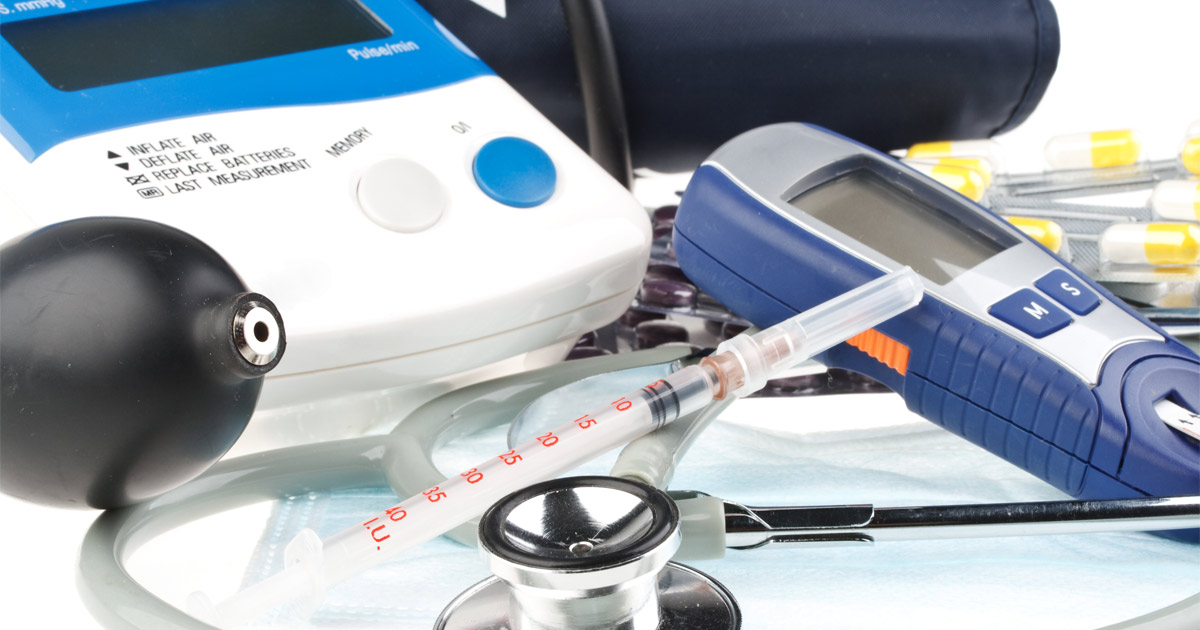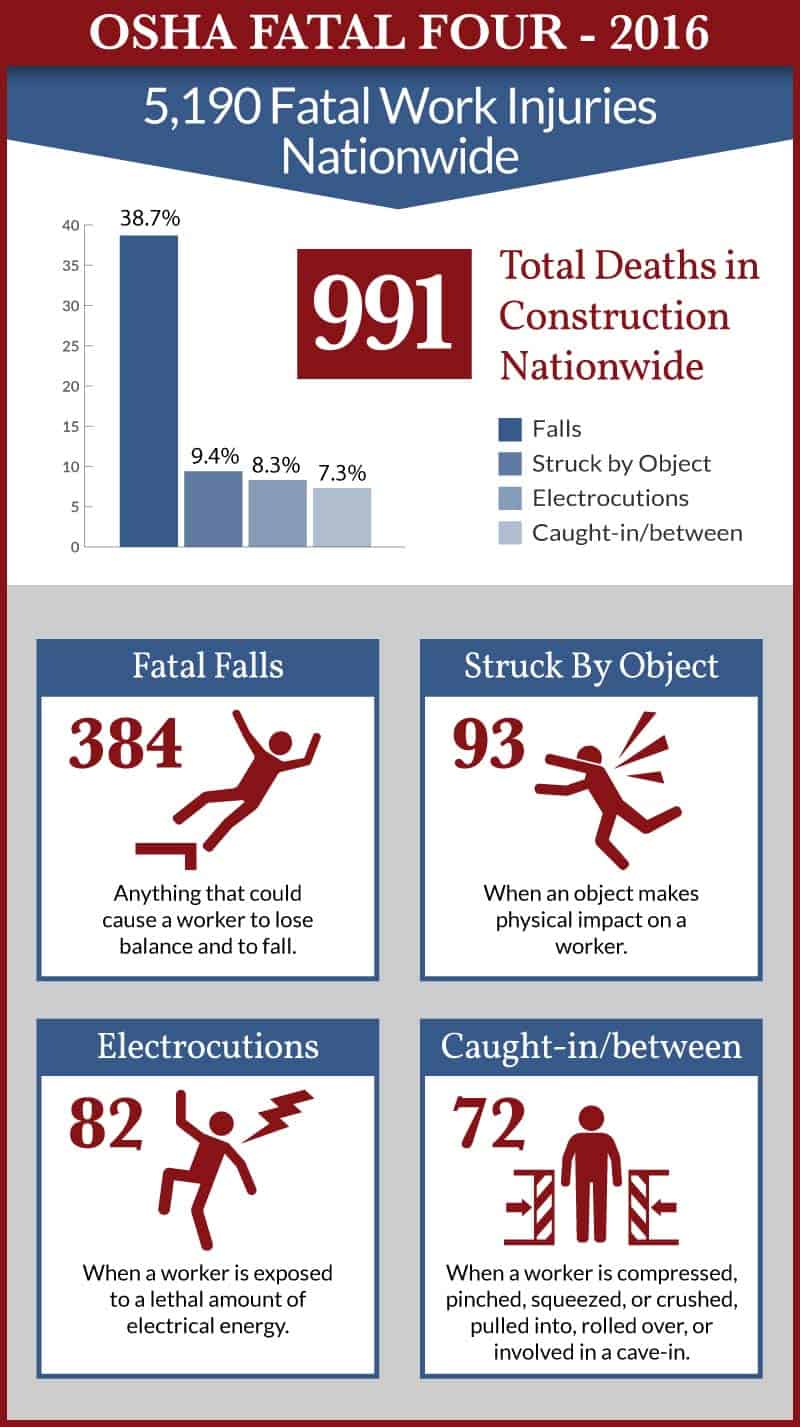Nurses Face Insufficient Resources Against COVID-19

While the nation works to slow the spread of the novel Coronavirus (COVID-19) by asking residents to stay home whenever possible, American health care workers do not have that luxury. Physicians, nurses, and medical professionals work tirelessly to care for patients with COVID-19 and other conditions at the risk of their own health. Health care workers may have greater risks; a new report from Purdue University suggests that essential workers do not have the masks, gloves, and other protective gear that they need to protect them from the virus.
PPE Shortages Endanger Health Care Workers
An online questionnaire at Purdue Nursing School resulted in 1,478 completed surveys. Responses included additional comments from 372 registered nurses working in Indiana. The responses suggested that there were concerning scarcities in personal protective equipment (PPE), which highlighted staffing shortages and procedural shortcuts that put staff and patients at risk. Through written comments, nurses complained about the following:
- Rushing through tasks
- Not having time to eat or hydrate during shifts
- Falsifying patient records
- Being assaulted by patients
- Watching patients die from medical errors
Perhaps the most concerning discovery, nurses were instructed to care for COVID-19 patients, even when PPE was insufficient or unavailable.
Are Nurses Experiencing Emotional Trauma?
The obstacles nursing staff face stay with them long after work shifts. They describe mental anguish and trauma that can impact their well-being long after the current pandemic. Nurses describe:
- Anger
- Burnout
- Flashbacks
- Grief
- Guilt
- Stress
Those emotions trigger unhealthy habits, including nightmares, poor eating, and substance abuse. Knowing more about how the global health crisis impacts frontline workers can help them in the future.
Equipment Shortages Across the Country
PPE shortages are happening across the United States. In May 2020, 36 percent of workers noted shortages of protective gowns and face shields, and 42 percent of them said they did not have enough gloves. Also, 66 percent did not have essential N95 masks. The battle to stall the spread of COVID-19 is uncharted territory. However, lawyers have been advocating for injured or sick workers since the first incarnation of worker protection compensation was adopted. While the battle medical workers now face is new, the tools to recover Workers’ Compensation are not. If an employee contracts COVID-19 at work, they should consider filing a Workers’ Compensation claim for benefits.
If a worker contracted COVID-19 while caring for patients at a health care facility, they need to prove certain elements to receive Workers’ Compensation benefits in Pennsylvania. Under the Pennsylvania Workers’ Compensation Act (PWCA), an injury or illness is considered work-related when it incurred while performing work duties during employment. A work injury or illness is generally compensable if it happened at a location occupied or controlled by the employer or at a location where the injured worker was required to be due to their work duties.
How Do I File a Workers’ Compensation Claim?
If a worker wishes to file a Workers’ Compensation claim, they should do the following:
Seek Medical Care: If one was diagnosed with COVID-19 because of PPE shortages at work, the first step should be to seek necessary medical care.
Contact an Attorney: An experienced Workers’ Compensation lawyer knows how serious COVID-19 is. An employer should know how to prevent the spread of the virus with PPE, frequent hand-washing, and social distancing. If an employer failed to provide masks, shields, and gloves to stay safe while treating patients, one will have a solid claim for additional benefits.
Report the Illness or Injury: Next, report the diagnosis to an employer in writing. Describe how, when, and where the illness or injury occurred. Some states have a deadline for reporting injuries. Since there is the concern of transmission to others, a COVID-19 diagnosis is more urgent and should be reported immediately. Through every step of the Workers’ Compensation process, be sure to keep copies of medical records and other documents; these details are essential for establishing that one is sick and likely caught the virus at work.
What is Not Covered Under Workers’ Compensation?
There are some injuries and conditions that are not covered by Workers’ Compensation. Make sure one does not fall under the following categories before initiating a claim:
- Injuries that occurred during commute
- Injuries that occurred while impaired by drugs or alcohol
- Injuries that occurred while a crime was committed
- Injuries that were caused by fighting or horseplay
- Injuries that were self-inflicted
What are the Responsibilities of My Employer?
After one has reported a diagnosis, an employer has certain responsibilities. They must issue the appropriate forms and instructions to proceed with a claim, and file one’s claim with their Workers’ Compensation insurer. Employers must comply with state laws for reporting work injuries
After reviewing the claim paperwork, their insurer makes a determination. If the claim is approved, the insurer contacts the employee to arrange payment. If the claim is denied, the employee and their attorney can either ask the insurance company to review their decision or they can appeal their denied claim. The insurance provider is required to notify the Workers’ Compensation Board of the decision.
What Does Workers’ Compensation Cover?
Workers’ Compensation benefits may cover the loss of income for a partial or total disability, medical care for a job-related illness or injury, and death benefits.Workers’ Compensation laws prevent workers from suing their employers if they suffered an injury or contracted an illness on the job. While this can be frustrating for a worker dealing with a preventable illness, one should know that they can file a personal injury lawsuit for additional benefits if a third-party was involved.
Also, if one has experienced discrimination or retaliation on the job because one exposed PPE shortages or other unsafe practices, one may be able to sue as well. Since different types of cases have statutes of limitations, one should not wait to discuss concerns with a Workers’ Compensation lawyer. Delays can cost money ill workers need to pay for medical care and lost income while recovering from COVID-19. An employer’s insurance carrier will want to pay out as little as possible, which makes them more inclined to dispute a claim. Before filing a Workers’ Compensation claim, it is advised to contact an experienced lawyer for guidance.
Bucks County Workers’ Compensation Lawyers at Freedman & Lorry, P.C. Represent Health Care Employees During the Pandemic
As the nation continues to battle COVID-19, health care employees may not have the PPE needed to prevent transmission to protect themselves and their patients. If you contracted an illness or injury at work, contact a Bucks County Workers’ Compensation lawyer at Freedman & Lorry, P.C. For a free consultation, call us at 888-999-1962 or contact us online. Located in Philadelphia, Cherry Hill, New Jersey, and Pinehurst, North Carolina, we serve clients throughout Pennsylvania.
